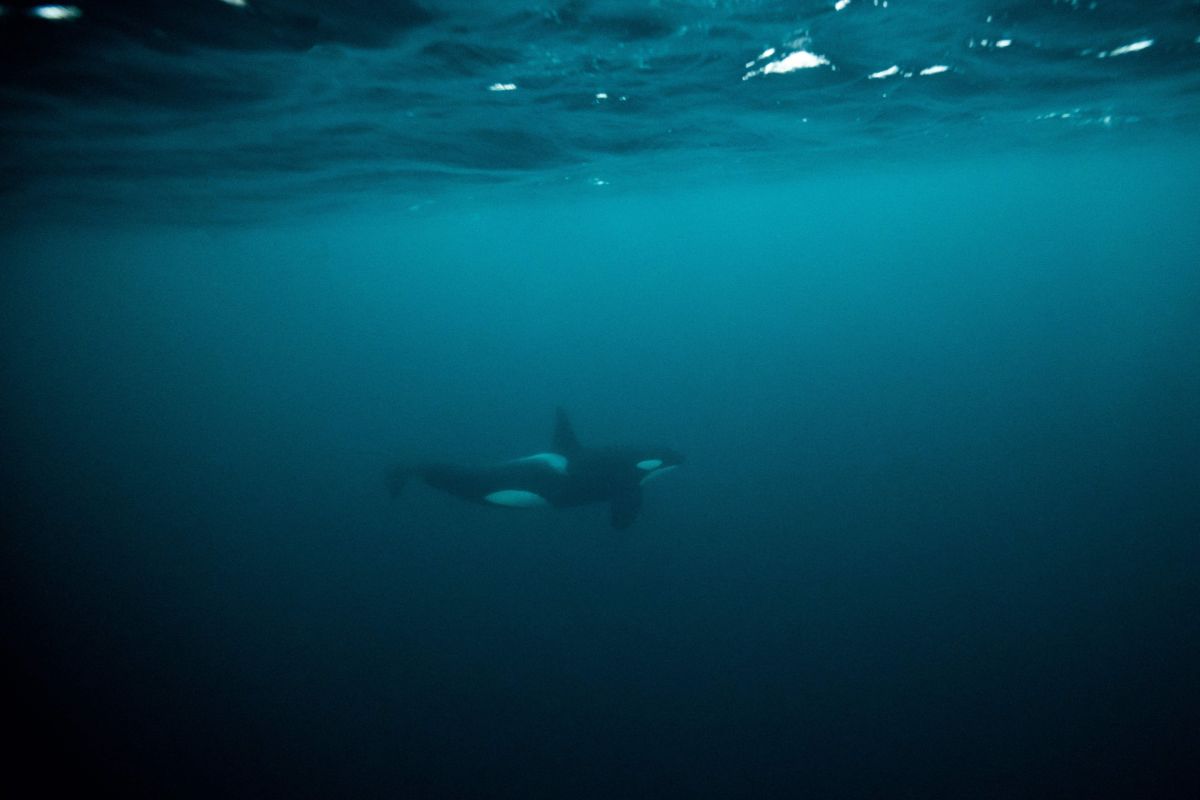Orcas, also known as killer whales, seem to want to do more and more justice to their name.
On May 17, a pod of killer whales attacked a boat in the Strait of Gibraltar. And it is not the first time: scientists suspect that this is the third boat that this subpopulation of orcas has gotten into trouble since May 2020, when a female orca suffered a traumatic encounter with a boat.
In addition, whales have been observed to display similar behavior patterns: they bite, bend, and break sailboat rudders. Experts do not find an explanation for how they learned to imitate this behavior, or why. However, there are several theories.
A passing fad?
Professor Luke Rendell, who researches marine mammal learning, behavior and communication at the University of St Andrews, told the magazine live science that there is no evidence that it is an adaptive behavior.
Adaptive behaviors are those that confer a direct evolutionary benefit by helping the animal successfully find food, mate, or breed.
According to the expert, it would be more of a temporary fashion, as has been seen with other behaviors such as “such as carrying dead salmon on the head to vocally imitating sea lions.”
Orcas are known to be highly intelligent and have been shown to be capable of teaching each other behaviors. Therefore, many researchers assume that this behavior may have started individually and spread in the group later.
Reaction to threat
A report published in the magazine Marine Mammal Scienceputs on the table that apart from “some specific aversive incident” that could have triggered these behaviors, other factors could also have had an influence, such as the loss of prey or disturbances caused by boats.
In this case, the behavior could be explained as self-defense altruism that leads them to attack what represents a threat to their habitat.
The situation puts government institutions in an ethical dilemma, since this subpopulation of killer whales is in danger of extinction. If these behaviors continue, entities will develop an action plan to stop the occurrences until, perhaps, this fad wears off.
Keep reading:
· Kiska, “the loneliest orca in the world”, dies after 40 years in captivity
Video: 21-foot Orca is caught dead on a Florida beach
· They discover a new species of dinosaur after finding fossil fragments in Spain
